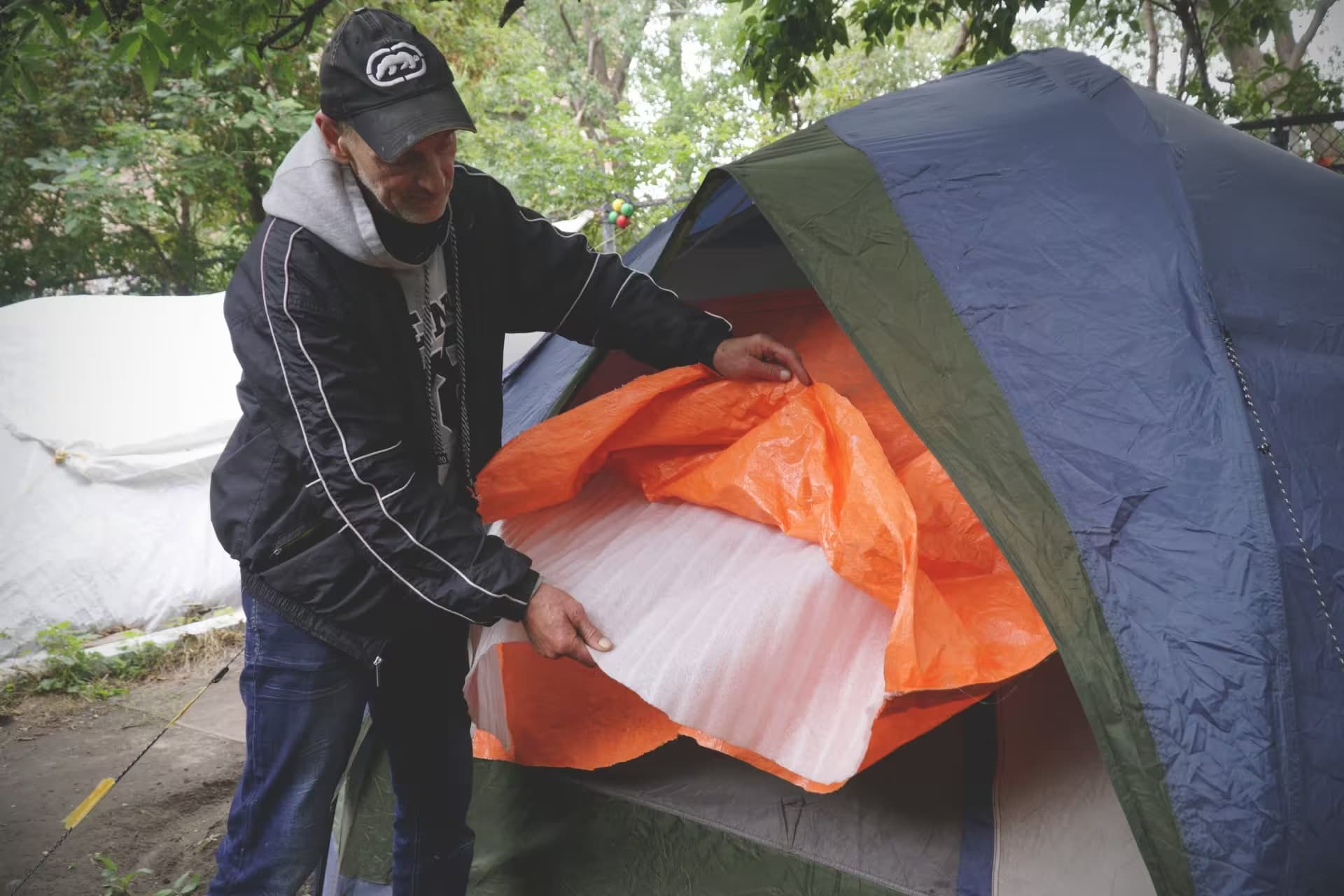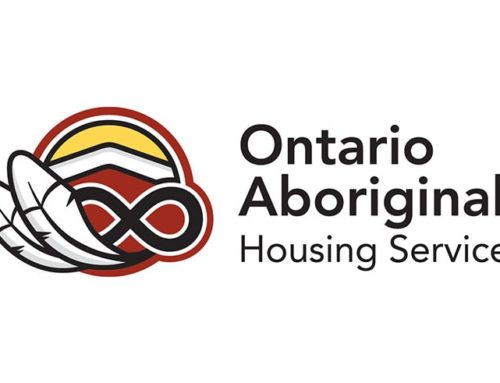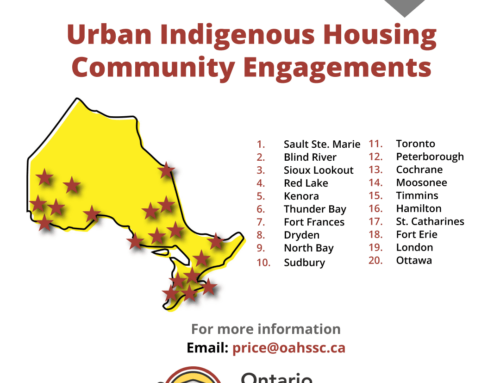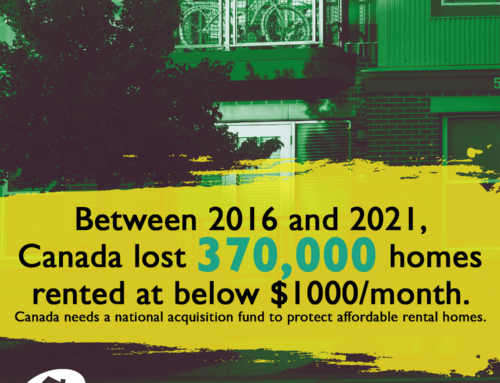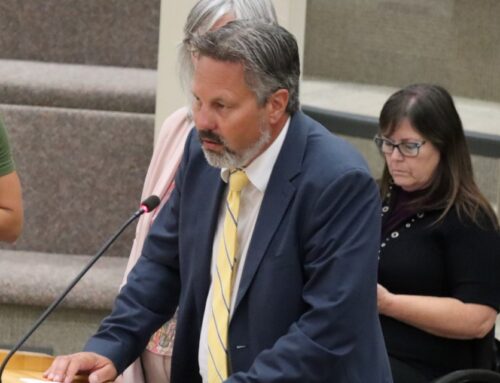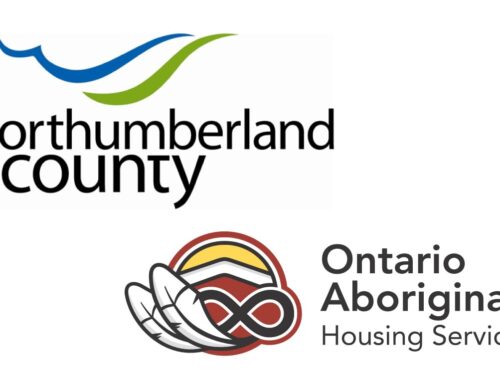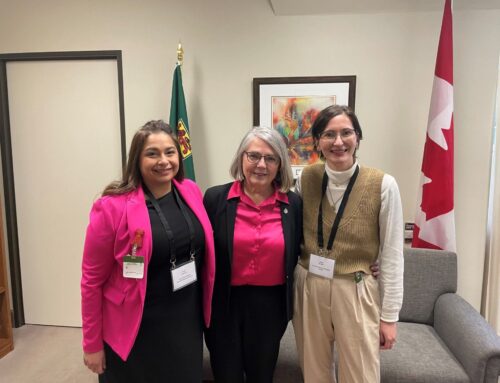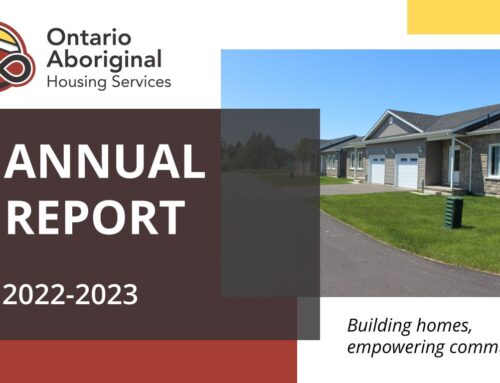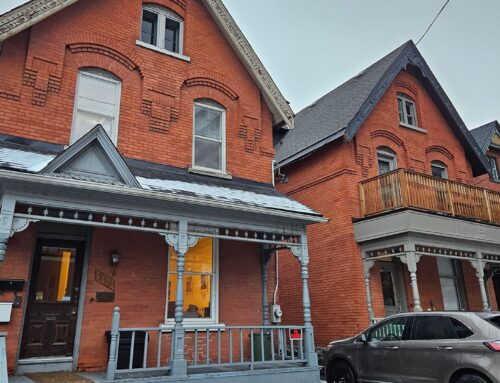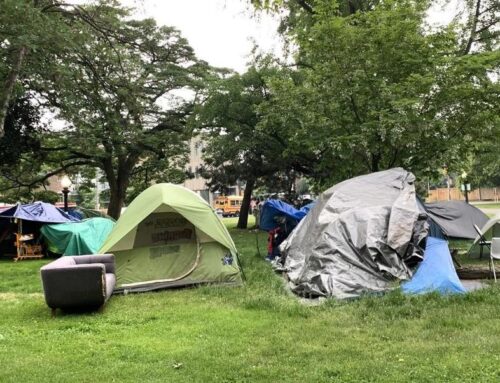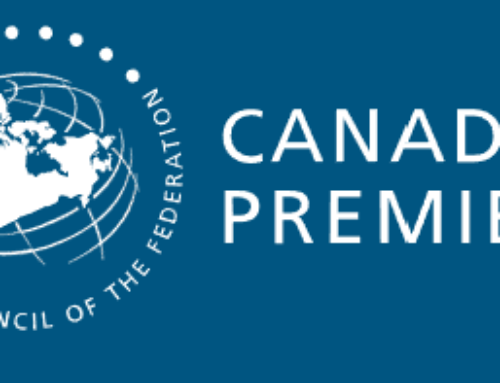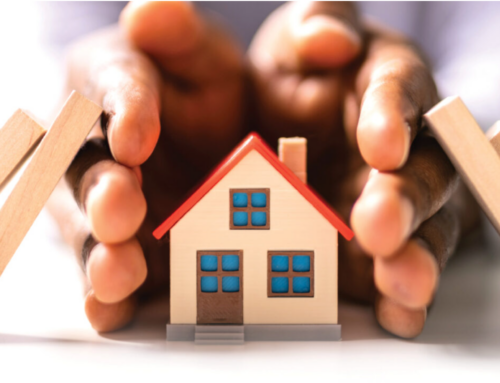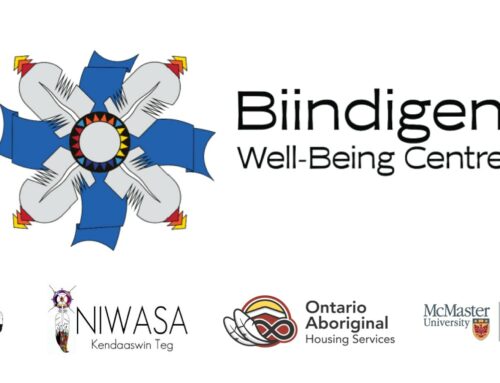Published by September 25th, 2023
At the camp where Conrad has spent the last three years of his life, everything has its place. A fuzzy red bath mat, a towel and a couple of sweaters hang on a clothesline outside his tent. A barbecue sits on top of some bookshelves. The earth has been swept with a broom and a small drainage ditch draws a circle around the tent.
“It’s a lot of work,” he says. He tries to keep the tent warm with an insulated tarp. “I’ve got my heater, my Coleman stove. It’s not hot but at least, with the tarp, the cold doesn’t really get in.”
Conrad, 61, wants to apply for subsidized housing and an outreach worker who visits him on this day in early September assures him he’ll get it. Conrad smiles and thanks the man, but he’s skeptical. “Five different people like you have told me, ‘You won’t spend the winter there!’ But I’m still here.”
The number of unhoused people in Quebec nearly doubled from 2018 to 2022, according to a provincial survey released earlier this month.
The survey found that about 10,000 people in the province did not have a home, a 44 per cent increase from the previous survey four years ago. More than half of them are in Montreal, though the survey showed a growing proportion of unhoused people are now spread out across the province.
The issue isn’t in Quebec alone. Cities across Canada have seen increases in homelessness. The rising cost of living, a shortage of affordable housing, the opioid crisis and the lingering effects of the pandemic have all contributed, experts say.
“There’s certainly more visible homelessness and what we’re seeing right now in the ecosystem is more complex situations,” says Sam Watts, the director of Welcome Hall Mission, an organization that serves people experiencing homelessness in Montreal.
Photo owned by Verity Stevenson


